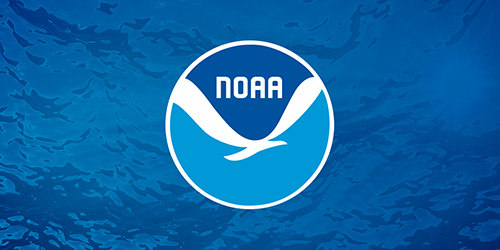
Three U.S. House of Representatives members are calling on the National Oceanic and Atmospheric Administration (NOAA) to expand and update the Seafood Import Monitoring Program (SIMP), while also advocating for SIMP expansion to all species.
Rep. Jared Huffman of California, ranking member of the Natural Resources Subcommittee on Water, Wildlife and Fisheries, along with fellow subcommittee member Rep. Raul Grijalva of Arizona and Rep. Jimmy Panetta, also of California, in a letter to NOAA, pointed out perceived shortcomings of the agency’s recent proposed rulemaking on SIMP.
Other signers of the letter included representatives from California, Texas, North Carolina and Hawaii.
The March 27 letter said that as the world’s largest seafood-importing country, the U.S. has the purchasing power and the responsibility to combat illegal, unreported and unregulated (IUU) fisheries, as well as human rights abuses in the fishing industry.
“The limited scope of the current proposed rule may prevent NOAA from addressing several key outstanding issues,” the letter said in part. “A supplemental proposed rule with a stronger interagency and public review process is a step in the right direction.”
SIMP currently only requires catch documentation and traceability for some 45% of seafood imports.
The proposed expansion would only increase SIMP’s coverage by 5% to 10%, leaving nearly half of seafood imports without sufficient import controls. The proposed rule also fails to form any kind of integrated approach to address forced labor along with IUU fishing, despite their close correlation, the letter said.
The proposal also demonstrates a clear lack of transparency both in the rule-making process and in lack of interagency coordination and review. Other agencies, they said, including the Department of Labor, U.S. Customs and the Forced Labor Enforcement Task Force, should have been given opportunity to weigh in on this proposed rule.
Huffman noted that supporters of the representatives’ stance include the Ocean Conservancy, Oceana and the Natural Resources Defense Council.
In a separate statement issued on March 28, Oceana cited its own analysis showing that Americans are eating seafood from countries with a history of IUU fishing and human rights violations at sea.
The Oceana analysis highlights U.S. government trade data for seafood imports from 10 countries recognized internationally for IUU fishing offenses or human rights abuses, including China and Russia. Other countries cited are Taiwan, Cameroon, Mexico, Costa Rica, Senegal, Panama, Cambodia and Vietnam.
The analysis found that only about 30% of the total volume of seafood imports from these countries are subject to traceability requirements by the U.S. government. Without further action, Oceana contends, the U.S. is failing to protect seafood consumers and allowing American dollars to drive IUU fishing and forced labor around the world.
